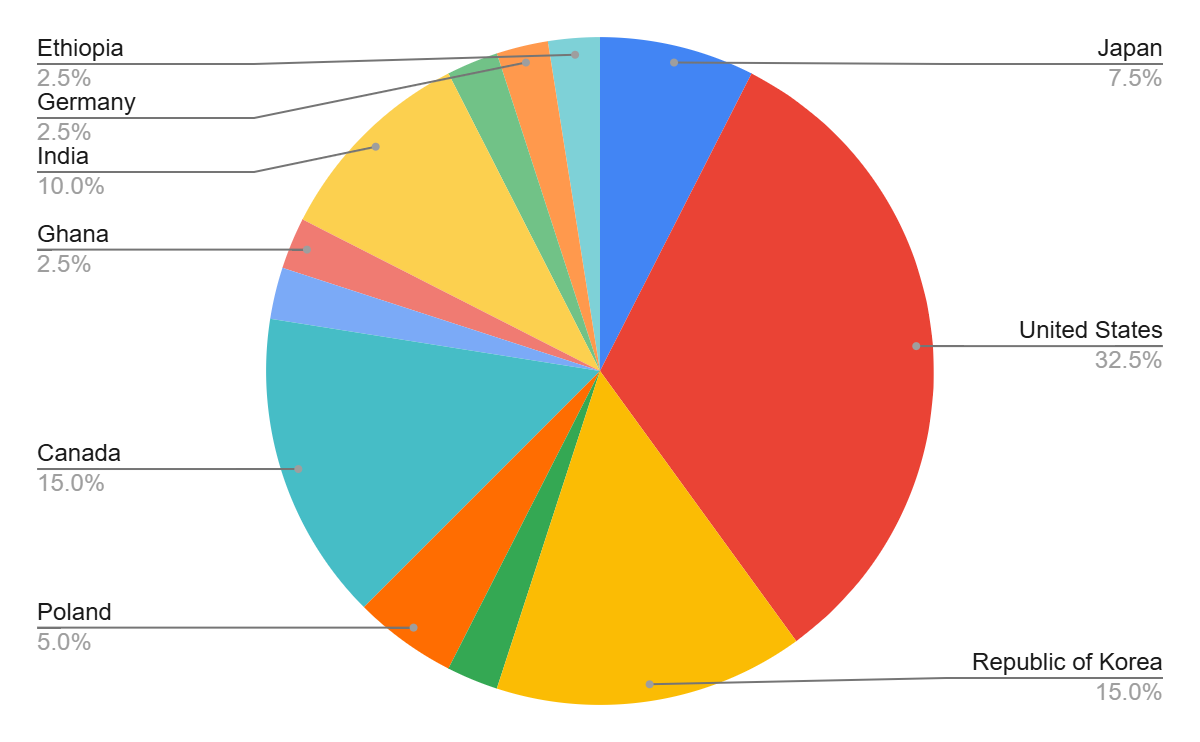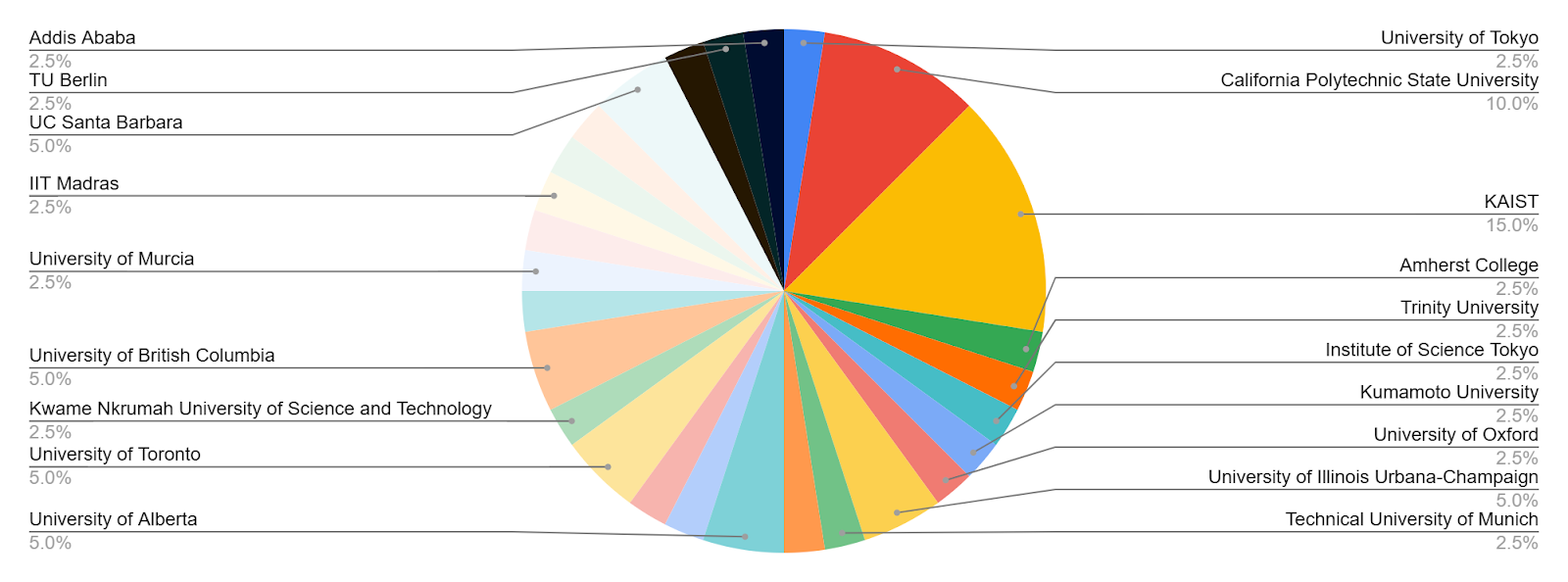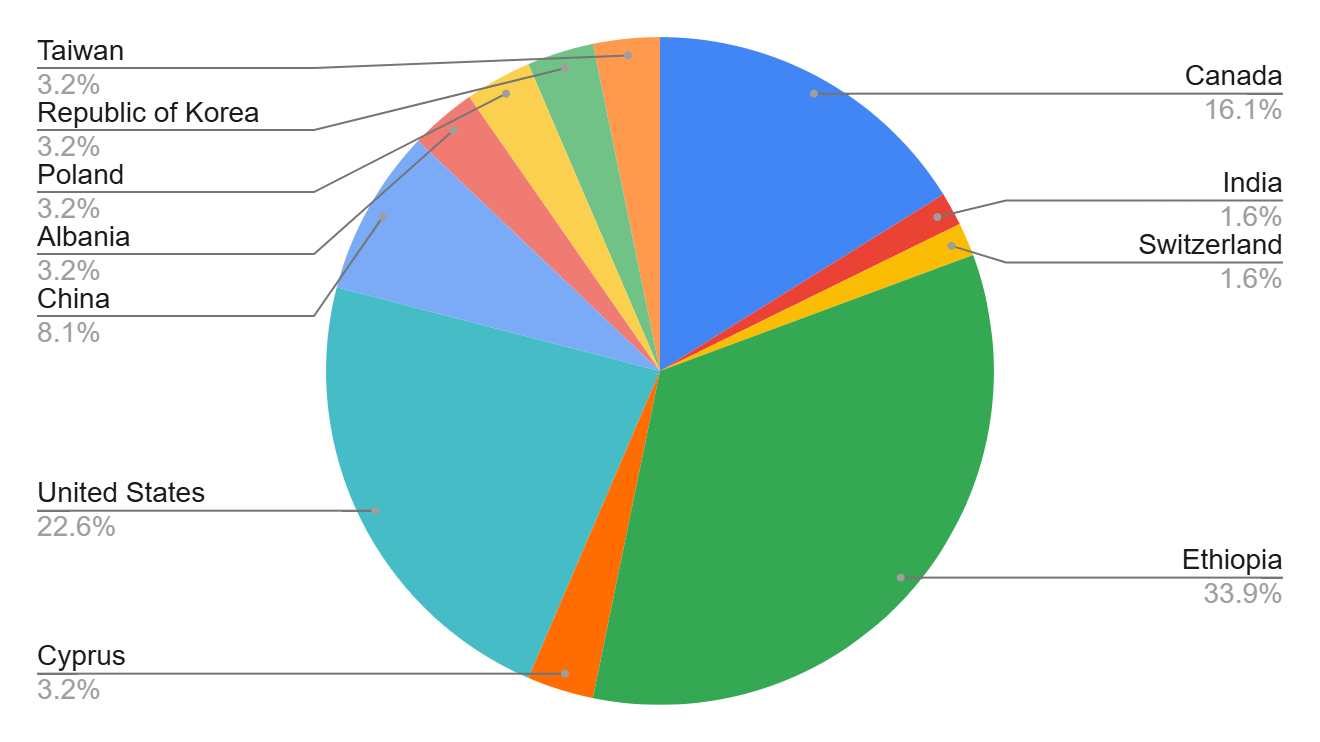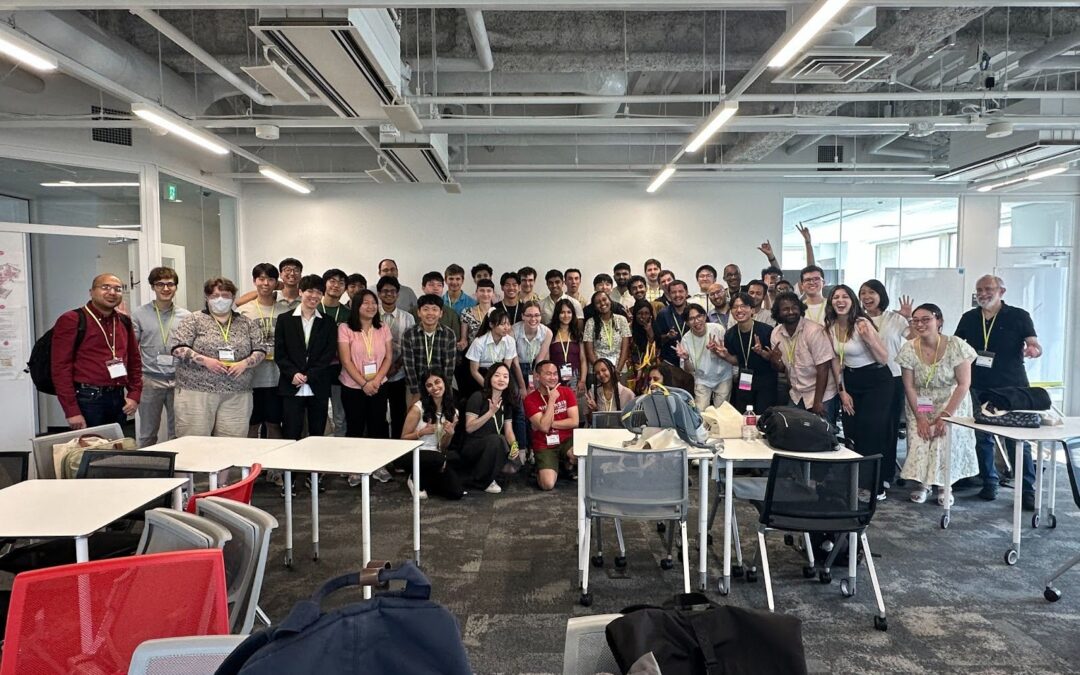The 7th annual Undergraduate Architecture Mentoring (uArch) Workshop took place alongside the International Symposium of Computer Architecture (ISCA) 2025, in the vibrant city of Tokyo, Japan! Similar to previous years, uArch was conducted in a hybrid format, combining in-person and virtual elements.The workshop introduces undergraduate and early master’s students to research and career paths in computer architecture. Its program includes technical talks on current and future research directions, sessions on graduate school life, and mentoring panels focused on graduate admissions and navigating the research landscape. uArch also offers valuable networking opportunities, connecting students with peers and established researchers from academia and industry.
This year, we invited faculty mentors to share their experiences meeting and mentoring the next generation of computer architects. Here’s what they had to say:
“It’s valuable for [the students], both for confirming grad school is something they want to do or… confirming that going and working in the “real world” was the best path for them.”
— Matt Sinclair, University of Wisconsin–Madison
“Some of my own undergraduate and master’s students have attended uArch and benefited a lot from it. Many of them are now a part of PhD programs at different universities across the country. They tell me that the uArch experience really helped solidify their thoughts about pursuing a PhD.”
— Akshitha Sriraman, Carnegie Mellon University
“One of my current PhD students is a uArch alumnus. She is absolutely phenomenal! I also have another uArch alumnus joining my group this Fall. Meeting her at uArch really helped in my efforts to recruit her when she applied for a PhD.”
— Akshitha Sriraman, Carnegie Mellon University
“I found the engagement with the students a rewarding experience…The group I was talking to was also diverse, from various backgrounds and various interests, with questions that were useful to many.”
— Babak Falsafi, EPFL
“I’ve been delighted by the students’ intrigue, insightful questions, and unabated desire to learn from the mentors’ experiences…Without a doubt, I believe it’s been worthwhile for all participants.”
— Timothy Pinkston, University of Southern California
“I’ve found the students in the program to be very curious and keen to learn about research and opportunities for graduate school. I spoke with a great group of students this year in Tokyo and was impressed by their preparation and the conversations we had…One current member of my group attended a couple years ago and I think they got a lot out of the conversations and the experience of attending a top research conference early in their career. “
— Natalie Enright Jerger, University of Toronto
Outreach
Each year, uArch aims to attract undergraduate and master’s students from around the world—with a special focus on regions tied to the conference’s host location. This global reach is made possible by the tireless outreach efforts of the organizing team, who actively connect with faculty in Computer Architecture and Systems to help spread the word and share this opportunity with their students. We’re especially grateful to the ISCA 2025 General Chairs for their unwavering support in helping make this year’s workshop a success.
For the 2025 edition, our focus was on schools in Asia, with over 32% of in-person attendees coming from these regions. We reached out to professors from various institutions to provide them with the necessary information to spread the word. To ensure that financial barriers didn’t stand in the way of participation, we once again offered two types of travel grants: a matching grant and a full grant. Matching travel grants enabled professors and universities to cover part of the travel and expenditure, while the full grant was sponsored entirely by uArch funds.
Attendees
As in previous years, we were thrilled to receive many impressive applications from students around the world. While we would have loved to support everyone, limited resources meant we could only accommodate 40 in-person attendees and about 60 virtual participants. As part of the application process, every candidate had to provide a statement of interest, which was reviewed to determine their enthusiasm for graduate education and what they hoped to gain from uArch.

Pie chart shows the represented countries in selected in-person applicants in uArch 2025

Pie chart shows the represented schools in selected in-person applicants in uArch 2025

Pie chart shows the represented countries in selected virtual applicants in uArch 2025
There is still much work to be done. We aim for greater representation from universities worldwide, and support from the entire community is paramount to achieving this
How Can the Community Help
Sponsor more matching grant students: If you know talented undergraduates or master’s students who are excited about research, consider supporting them through the matching grant program. Your support can help them experience uArch and gain valuable exposure to the field.
Mentor the students: Many uArch attendees are at a pivotal stage in their journey—figuring out grad school applications, shaping their research interests, and exploring collaborative opportunities. If you are interested in mentoring these students, please fill out this form or send an email to uarchworkshop@gmail.com.
Industry sponsorship: We’re incredibly grateful for the generous support of our sponsors—ACM SIGARCH, ACM SIGMICRO, Google, Meta Reality Labs, AMD, and Microsoft—as well as the faculty members who contributed to the matching grant program. Thanks to them, we were able to sponsor 30% of in-person applicants. Still, many exceptional students couldn’t be supported due to limited funding. To grow the workshop and broaden participation, we welcome additional sponsorship from both industry and academia. Every bit of support helps us spotlight and uplift the next generation of computer architects.
Join the organizers club: uArch is always looking for passionate individuals to help run and grow the workshop. Whether you’re an undergrad, grad student, faculty member, or industry professional, there’s a place for you! Organizers help shape the workshop agenda, review applications, plan logistics, and facilitate sessions. We’re also seeking graduate student mentors to guide participants in the lead-up to and during the event.
uArch 2025
This year’s uArch workshop featured a keynote talk by Professor Joel Emer from MIT, who shared insights on managing complexity, generating impactful ideas, and building a lasting career in architecture research. The program also included panels on “The Route to Graduate School,” “Life in Graduate School,” and “Life after Graduate School.” For more details, visit the workshop program page.
The workshop concluded with office hours, where both in-person and virtual students had 15-minute meetings with faculty in a round-robin format. This unique opportunity allowed students to learn about faculty research areas and recruitment processes while faculty engaged directly with potential students. We are deeply grateful for the enthusiastic participation of faculty members, whose diverse perspectives and expertise greatly enriched the session.
Support from the Community
We greatly appreciate the community’s continued overwhelming support. uArch would not be possible without the time, effort, and interest of the keynote speakers, panelists, faculty members who held office hours, student mentors, and ISCA General Chairs. This group effort allowed us to reach students around the globe. We extend our sincerest gratitude to everyone in the community who collectively helped make this edition of the uArch workshop a success.
About the Author:
Irene Wang is a PhD student at the Georgia Institute of Technology. Her research interests focus on designing computing systems to enable scalable, robust, and energy-efficient training of large language models.
Disclaimer: These posts are written by individual contributors to share their thoughts on the Computer Architecture Today blog for the benefit of the community. Any views or opinions represented in this blog are personal, belong solely to the blog author and do not represent those of ACM SIGARCH or its parent organization, ACM.


